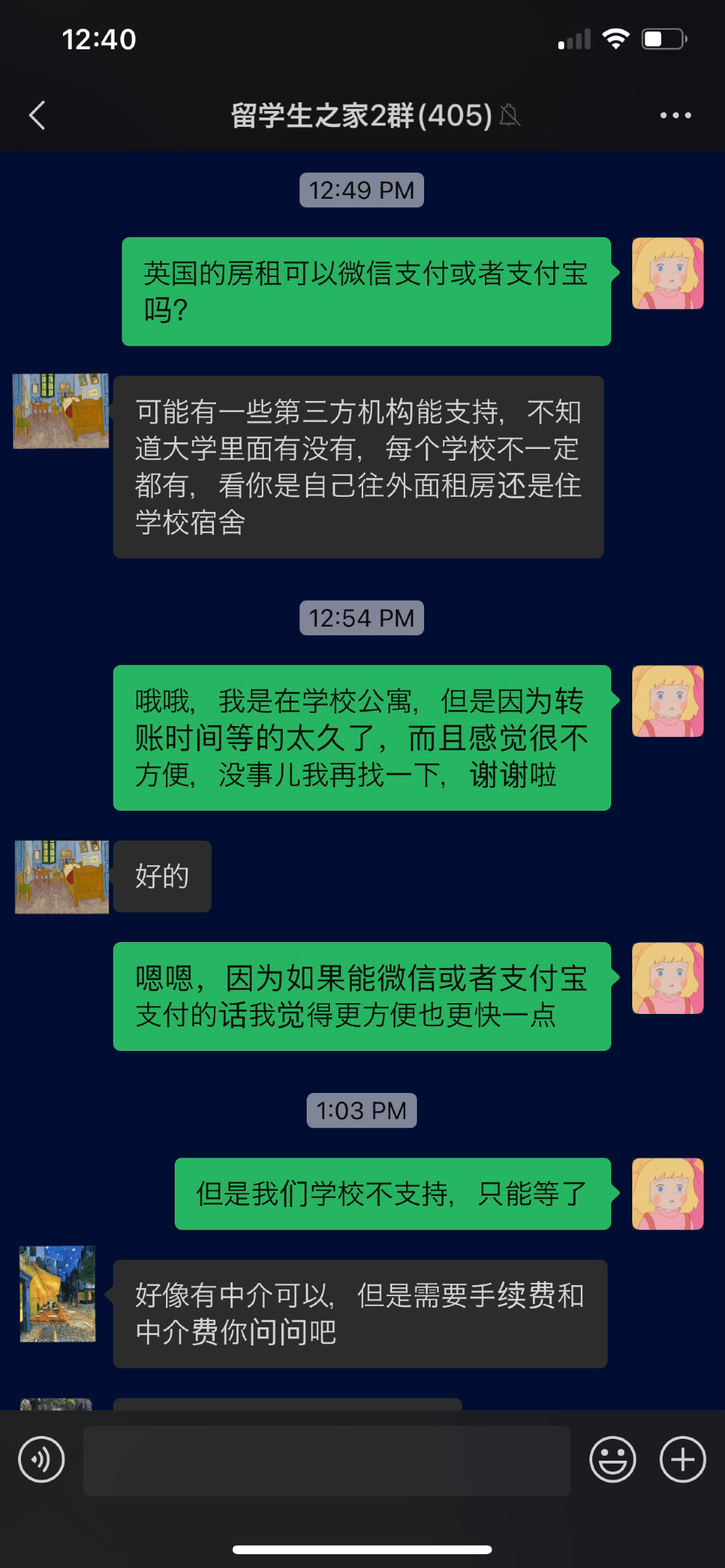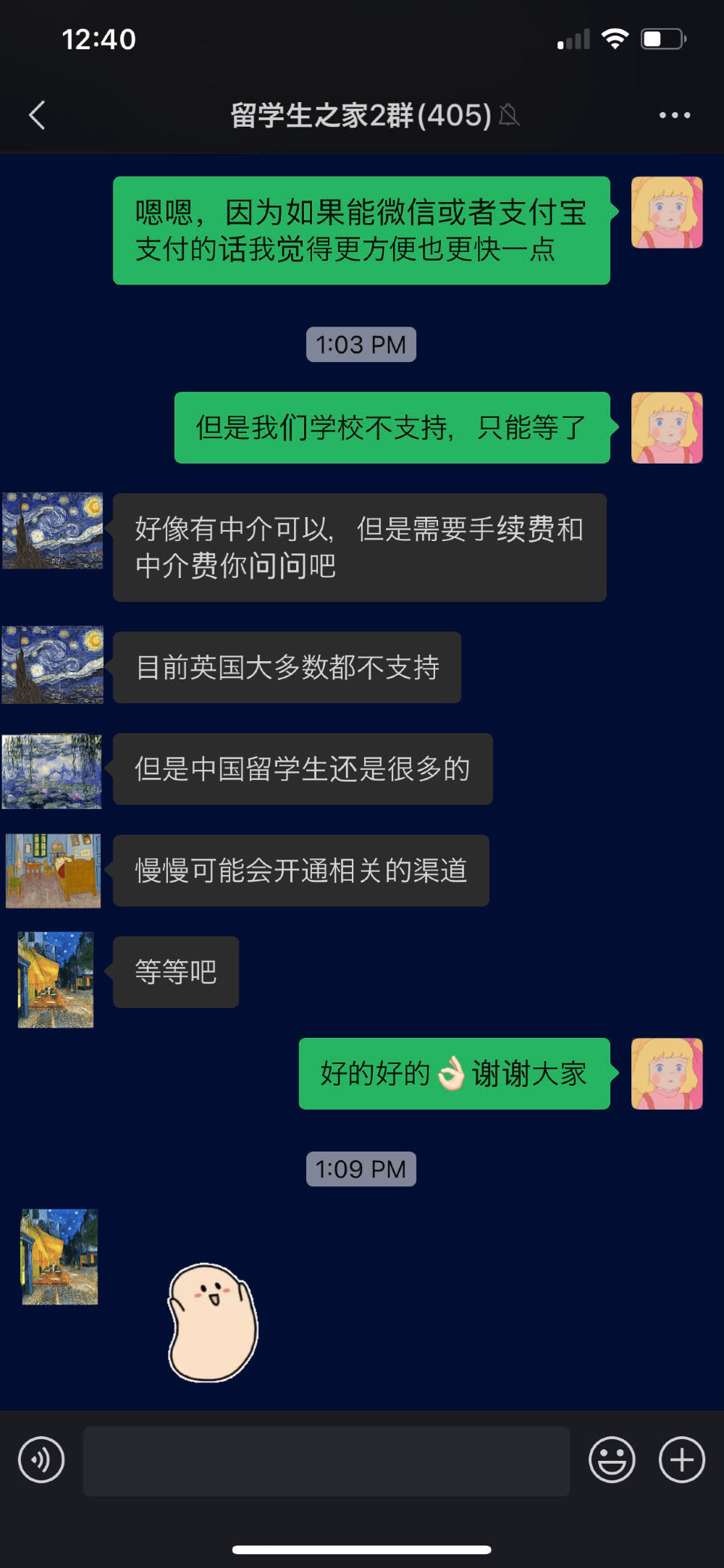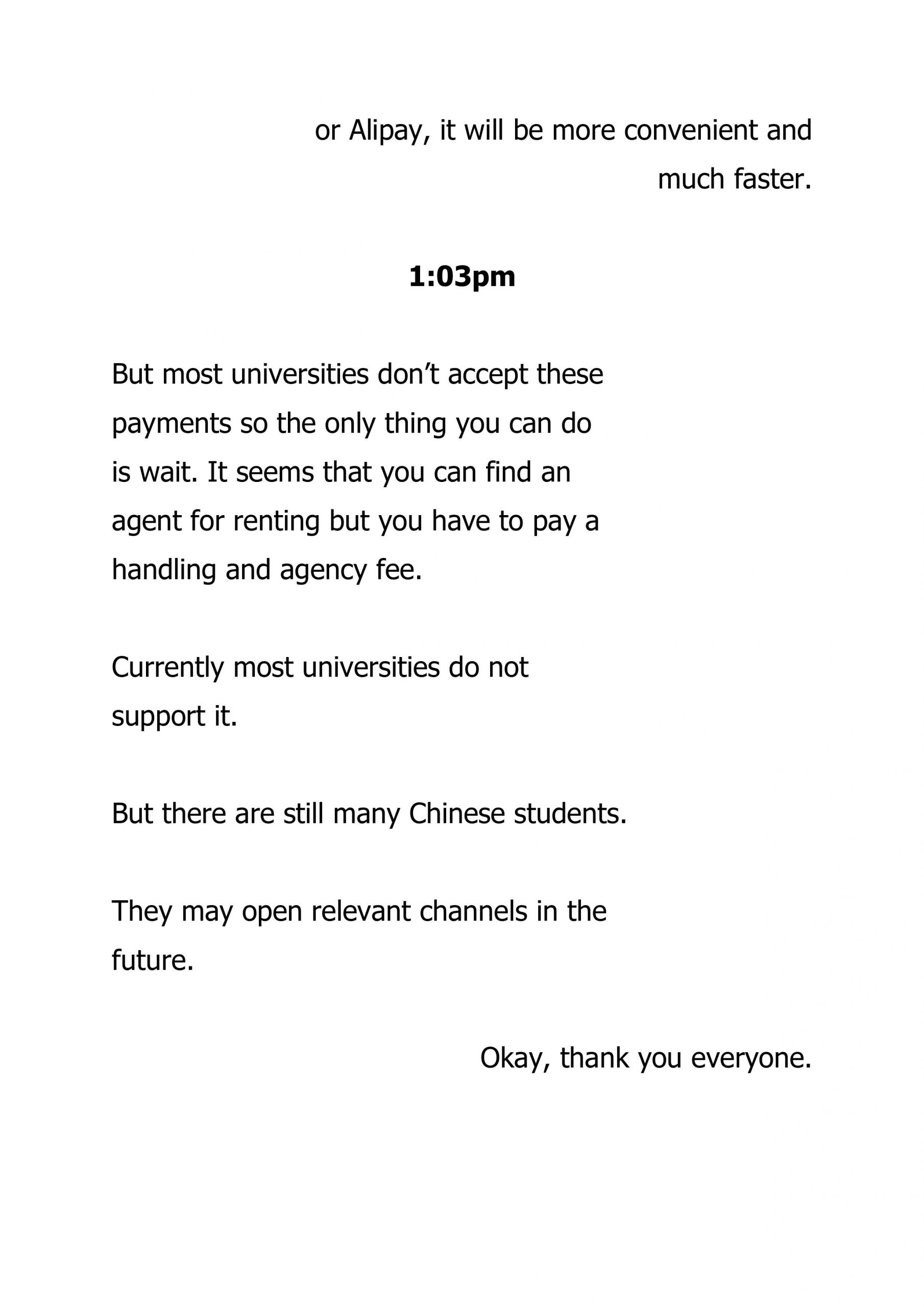What is on
There is a distinct lack of research on international students and their payment experiences. International students around the globe pay tuition and rent and buy everyday necessities. And yet the experience of foreign students remains elusive. You might surprisingly find that students encounter unfamiliar payment methods, confusing cross-border wire transfer instructions, language barriers and technological barriers.
When international students arrive in the UK, they are focusing on achieving the best grades, finding a place to live and making new friends. They want to plan trips to Hyde Park Winter Wonderland, Harrods and Buckingham Palace. Since they have already committed a huge sum of money to the experience of studying abroad, they want to avoid hassle when paying for tuition and rent.
Despite this payment disconnect, UK universities and student accommodations rely heavily on international students. They make up 37% of total fee income – at least £1.7 billion. Businesses depend especially on East Asian students who are more than half of non-EU international students.
The competition to attract international students intensifies. However, many UK companies have not caught on to a major part of the student’s experience: extreme difficulties in paying tuition and rent.
UK companies find cross-border payments increasingly problematic. You spend time comparing fees, reviewing exchange rates and researching preferred payment methods in each country. As a result, many UK companies avoid researching local payment methods altogether. Instead, you could choose VISA, Mastercard, Stripe and Western Union. You could just assume your students are already familiar with these methods.
Unfortunately, this assumption causes more problems than solutions:
- Businesses let capital slip through their fingers with expensive cross-border payment service fees.
- International students have never used these payment methods and find the process frustrating.
- Students are uncomfortable paying tuition and rent with unfamiliar payment methods.
- Students no longer trust institutions and accommodations that are unwilling to adapt to foreign banking systems.
The problems universities and student accommodations face
A student's experience
Lack of communication from the university or accommodation.
Many Chinese students struggle to find basic information about payment methods because Google is unavailable in China. To reach people in China online, UK institutions and accommodation must foster a presence on WeChat. WeChat is China’s Google, Facebook, Whatsapp combined.
Chinese foreign exchange cap of £38,000 per person annually.
Chinese citizens can only exchange and use up to £38,000 a year. For international students, this must cover tuition fees (which costs up to £26,000/year), rent, utilities, food, clothing and student society costs. As a result, many resort to dangerous methods of payment for tuition and rent. Many unfortunately fall victim to fraud and scams.
Confusion over UK payment methods.
Chinese students simply do not use bank transfers and direct debit at home. Since China’s economic boom in the last couple decades, wifi accessibility and low cost smartphones have lead to a unique economic transformation.
The Chinese population switched from cash transactions to mobile wallets, skipping the need for bank cards altogether. Thus, when a UK university says Chinese students can easily pay online with bank transfers, many Chinese students are frustrated about the situation. International students pay up to £26,000 per year for tuition. They do not want to use unfamiliar payment methods for such large sums of money.
How Chinese students research studying abroad
Common ways Chinese students research universities and accommodation in the UK:
- Asking friends and family for recommendations
- WeChat Group Chats
- WeChat Articles
- Higher Education Consultancy Firms
Google is not accessible in China, so information about fees on your website is unavailable to Chinese students.
Below are screenshots of a conversation from an international students WeChat group chat.















